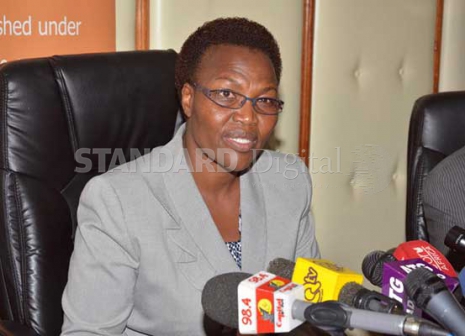
Holders of State jobs will be in for a rude shock come September when the proposed salary cuts by the Salaries and Remuneration Commission (SRC) take effect.
Civil servants with permanent and pensionable terms will not be spared either as their allowances are set to be harmonised and revised downwards in a move to tame the wage bill. And if the trend in reducing the wage bill is adhered to, salaries are likely to suffer a two per cent reduction across board. Newly-elected MPs, MCAs, Senators, Governors, and even the President whose term of office comes to an end in August will not benefit from the current pay structure where the Head of State earns Sh1.2 million.